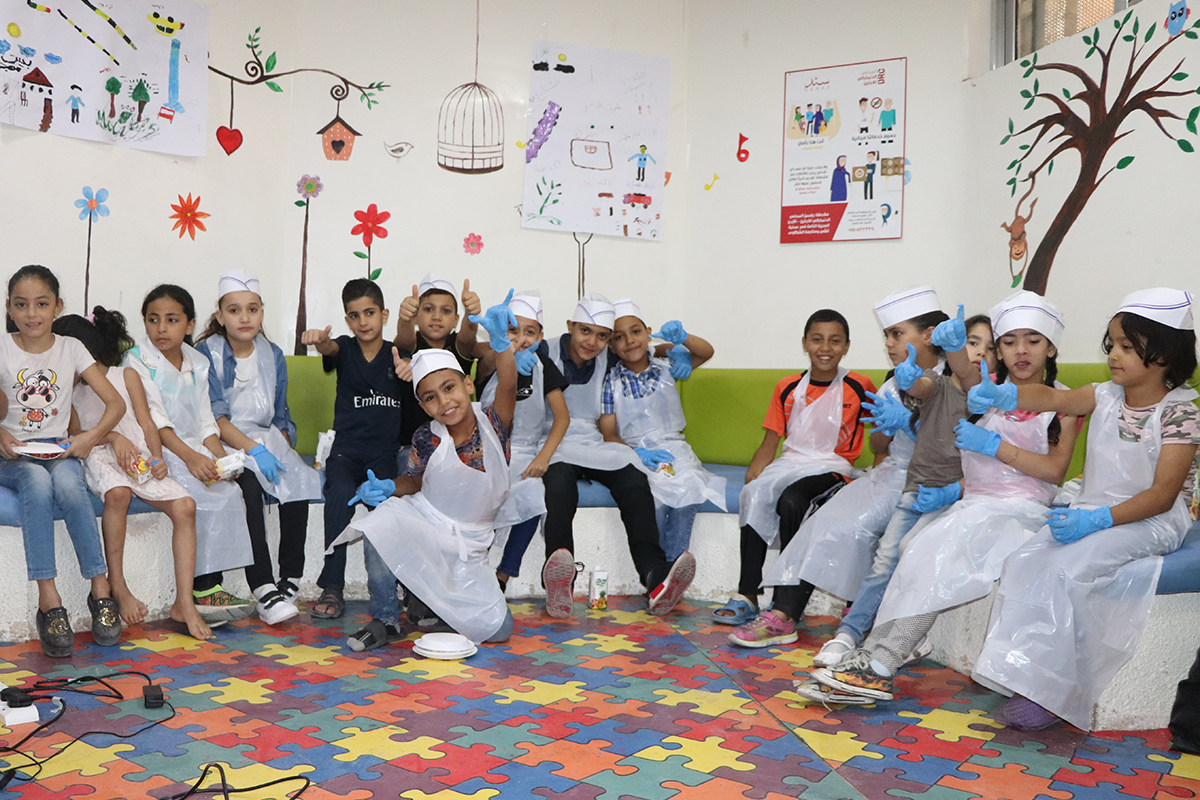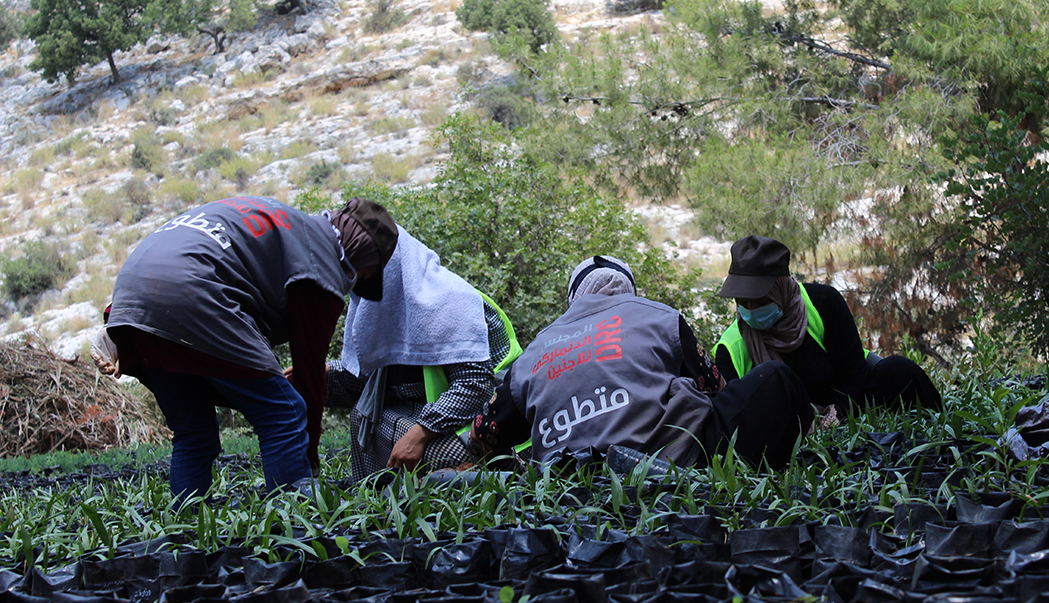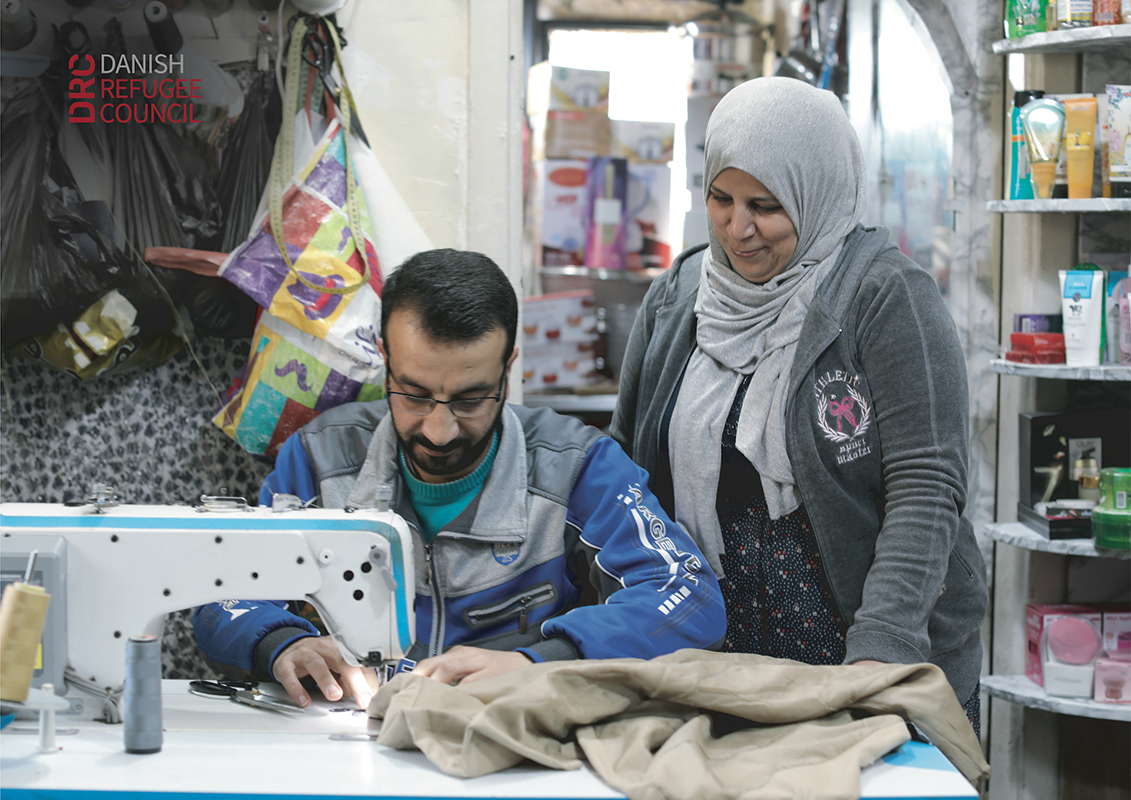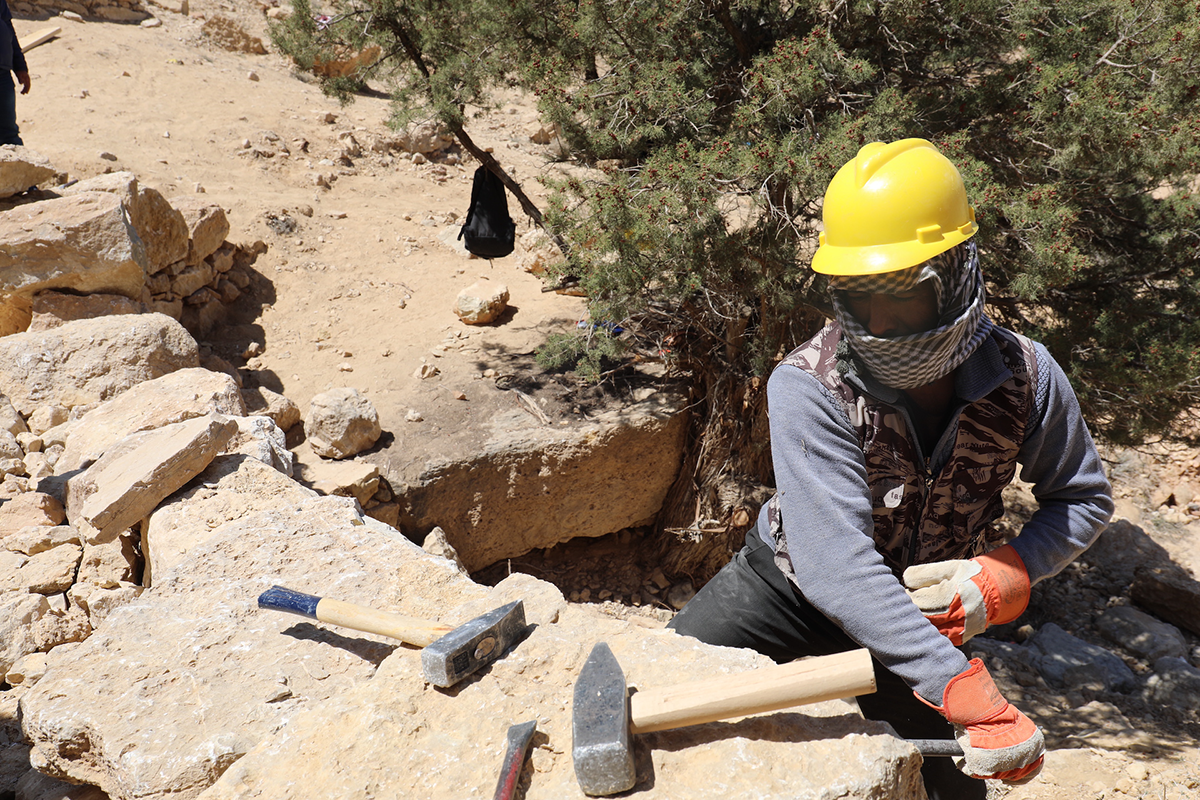HQAI audits: The story of DRC
“Thanks to DRC – it changed my life. I feel safer and more respected now” (a quote from a person affected by crisis)
A peak into the experience of Danish Refugee Council after being certified by HQAI on the CHS

We were pleased to have with us Joanna Nevill and Louisa Carpenter of the Danish Refugee Council for this interview.
Louisa Carpenter is currently DRC’s Regional MEAL Coordinator for the Asia region and was the former MEAL manager at the Jordan country office. She has been with DRC for over a year now. Accountability is a large part of her role but beyond that, she is involved in monitoring and evaluation of the projects in DRC and programs overall, in relation to DRC’s global strategy, donor reporting and quality monitoring. Before this, she was working in the Middle East within humanitarian MEAL operations and third-party monitoring and evaluation.
If you had 3 words to describe your job?
Accountability, coordination, monitoring
Joanna Nevill is the Global Advisor for Accountability and Participation at Danish Refugee Council (DRC). She has a background in research, evaluation, community development, human rights education, and MEAL. In terms of her role at DRC, she coordinates the Core Humanitarian Standard (CHS) within DRC. In addition, she oversees various internal governance structures that work to ensure accountability to affected people. Her role also includes a technical support element specifically around Commitments 4 and 5 of the CHS which includes advising and supporting country operations with the development of tools and resources, as well as facilitating a community of practice for accountability, across the organisation.
If you had 3 words to describe your job?
Advocacy, Standardisation, Engagement

Why did DRC enter the CHS certification process back in 2017?
Joanna: DRC was already certified by the Humanitarian Accountability Partnership (HAP) from 2007. As the certificate was due to expire in September 2017, a decision was reached by DRC to transition to the CHS certification. This was in parallel to the new strategy at the time which emphasised `putting people at the centre´, thus echoing prevailing debates at the World Humanitarian Summit and the launch of the Grand Bargain. The certification was a welcome opportunity to have a critical look at the extent to which DRC was compliant with the `new´ CHS. One of the reasons, however, was also the requirement set by the Danish Foreign Ministry for all Danish NGOs to be certified was also a catalyst.
What are the local projects DRC is carrying out and where?
Joanna: DRC is currently working across 40 countries around the world. We support refugees, the displaced, and displacement-affected people, mostly in conflict-affected areas, along the displacement routes, and in the countries where refugees settle. Predominantly, our work operates across five sectors, protection, economic recovery, humanitarian disarmament and peacebuilding, shelter and settlements, as well as camp coordination and camp management (CCCM). Louisa can elucidate more on the `local´ perspective from a country office.
Louisa: Yes, in Jordan, the focus is on protection and economic recovery support to increase resilience and realisation of rights. The aim is to provide integrated services where possible, for which we operate through centres across seven governorates in both urban areas and camps. Some of the services provided include the provision of support for livelihoods, individual psychological counselling or psychosocial support groups, legal support, and case management services with 19 partners from local community-based organisations to international NGOs.

What did you learn from certification? What changes is DRC putting in place as a result?
Joanna: Since being certified, global audit processes have demonstrated that DRC has a very high level of performance in the application of the CHS commitments with humanitarian responses being appropriate, relevant, coordinated, and complementary. However, DRC’s weaknesses since participating in CHS certification concern Commitment 4 (communication, participation, and feedback) and Commitment 5 (complaints). Whilst DRC maintained its certification after the mid-term audit of 2019, it continued to score poorly (and worse) on these two commitments, especially Commitment 5.
As a result, a global management response plan outlined the following changes/initiatives to address this:
- Creation of a position specifically to address the issue of accountability on a global level i.e., Global Advisor for Accountability and Participation at DRC.
- Comprehensive Code of Conduct (CoC) training package for volunteers, workers, and staff – in multiple languages and formats.
- Global internal review and global guidance on establishing Community Feedback Mechanisms (CFM).
- Establishment of a global PSEAH TaskForce, and training package.
The above are only some of the strategies employed.
Louisa: With respect to a country office experience, we appreciate the time auditors took to provide a personalised and country-level debrief which outlined specific areas of focus around learning and information sharing with partners and the people we serve. Subsequently, we held a validation workshop and developed an action plan to address findings with staff across levels and management.

What was the impact of certification on donors and partners on the one hand, and crisis-affected communities on the other?
Louisa: At the country office level, recertification and subsequent partner interviews were a great way to highlight the critical contributions of local partners, how we work with them, and how we can best provide support. This also raised curiosity among partners with some now approaching us with an interest in learning more about the CHS and becoming certified themselves. With respect to communities, the focus on the Community Feedback Mechanisms (CFMs) created visibility and since then, we have been tracking awareness levels of CFM in targeted communities and have continued to focus on this to ensure we are able to deliver in terms of Commitments 4 and 5.
Joanna: Given there is widespread acceptance of the CHS, whilst there is no concrete evidence for this, I believe our certification did help in securing new strategic partnerships with donors, e.g., SIDA. In terms of impact on the community, the findings from our last recertification audit tell us, as confirmed by communities, that staff have been consistently ensuring that people of concern (PoC) have access to information about the expected behaviour of staff that is easily understood and in a variety of formats such as video, brochures, discussions which are translated when necessary. Crisis-affected people have also told us that we are responsive, helpful, and that we treat them with dignity and respect.
Would you advise other organisations to get certified, and why?
Joanna: Absolutely, it forces one to `systematically´ be accountable to address identified areas of non-conformity through regular meetings, global action plans, annual progress reports, etc. External auditors bring a critical eye and fresh perspective on where we are at, and we receive invaluable independent assessments on our level of CHS compliance. The work of the Global CHS Steering Committee has been prominent in this regard. But most importantly, as the CHS is a measurable standard, it helps us to monitor compliance over time acknowledging that change does not happen overnight, but rather we are on a journey of continuous learning and improvement that has a baseline.
We thank the interviewees who took out time from their busy schedules to share their experiences and further the relevance and importance of CHS audits to ensure better aid for all.